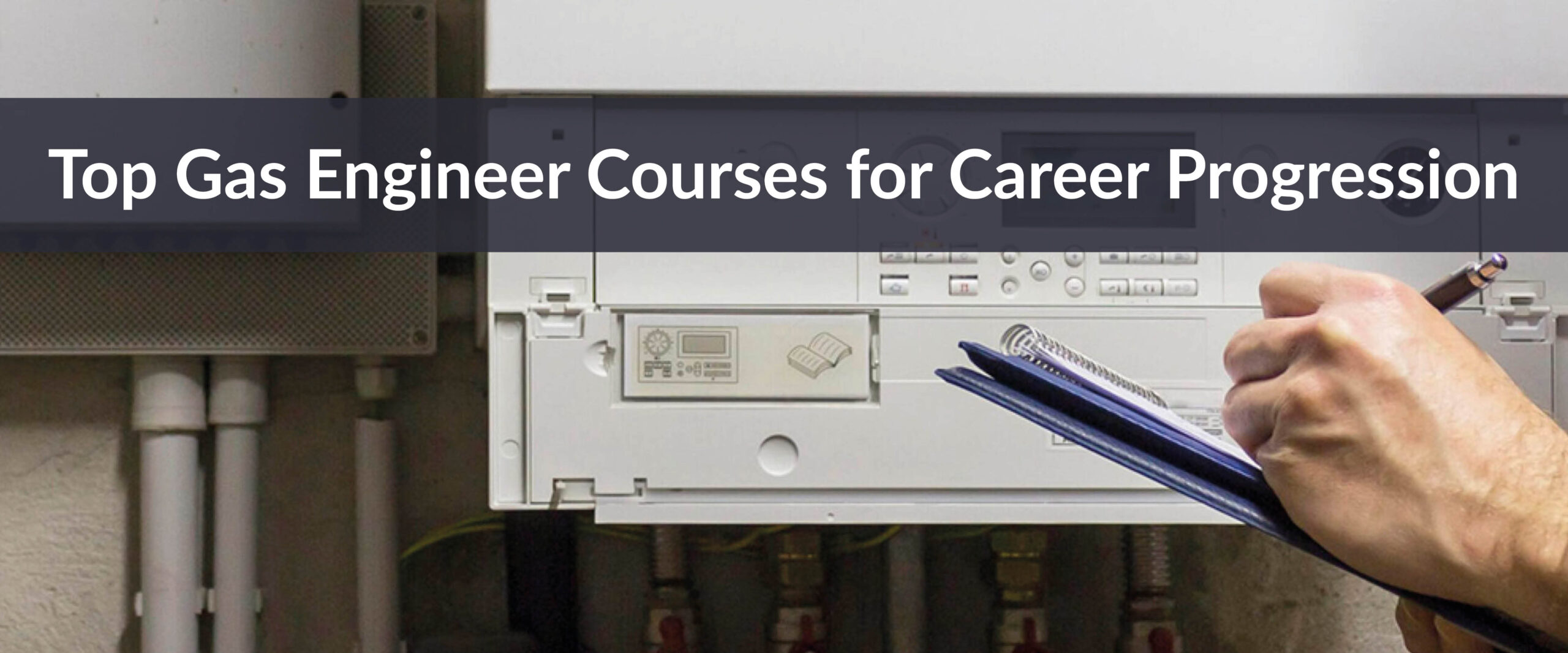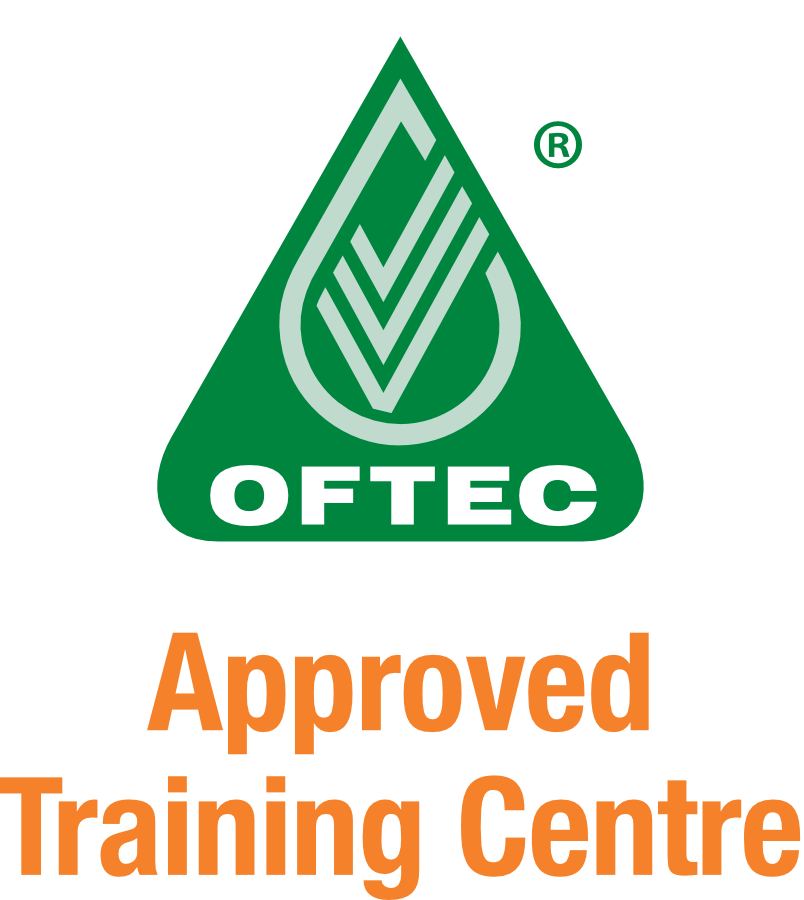
If you’re a gas engineer looking to advance your career, the right qualifications can open up new opportunities, increase your earning potential, and help you specialise in high-demand areas. Whether you’re interested in expanding your skills in domestic, commercial, or LPG gas engineering, there are several key courses available that can help you progress in the field. Here, we compare the top gas engineer courses in the UK, focusing on core qualifications like CCN1, CENWAT, and OFTEC, to guide you toward the best options for career development.
1. CCN1: Core Domestic Gas Safety
The CCN1 Core Domestic Gas Safety course is one of the foundational qualifications required for all gas engineers who want to work on domestic gas installations. It’s a mandatory certification for engineers seeking Gas Safe registration, which is essential to legally work on gas appliances in the UK.
2. CENWAT: Boilers and Water Heaters
The CENWAT course is an extension of the CCN1 qualification and is focused on boilers and water heaters. It is essential for engineers looking to specialize in central heating systems.
3. HTR1: Gas Fires and Wall Heaters
HTR1 is a qualification focused on gas fires and wall heaters, allowing engineers to work on these popular domestic appliances.
4. CKR1: Domestic Cookers
For those interested in working on domestic cookers, CKR1 is a valuable qualification that complements CCN1 by covering gas cookers and hobs.
5. CODNCO1: Changeover from Domestic to Commercial Gas Work
CODNCO1 is designed for domestic gas engineers who want to transition into commercial gas work. This course provides the qualifications needed to work on larger, more complex commercial systems.
6. COCN1: Core Commercial Gas Safety
For those entirely focused on commercial gas engineering, COCN1 is the foundational qualification needed to work on commercial gas installations
7. TPCP1 & TPCP1A: Tightness Testing and Purging
TPCP1 and TPCP1A are specialized courses focusing on tightness testing and purging for gas systems. These qualifications are essential for engineers working on systems requiring stringent safety standards, such as large commercial setups.
8. OFTEC 101/105e/600a: Oil-Fired Appliance Certification
OFTEC qualifications focus on oil-fired systems, which are common in areas without a gas supply. The 101/105e/600a courses cover installation, servicing, and safety standards for oil-fired boilers and heating systems.
Choosing the Right Course for Your Career Goals
Each of these courses plays a unique role in expanding your qualifications and helping you progress in your gas engineering career. Here are some questions to help guide your choice:
- Are you looking to specialize in a particular type of appliance? Courses like CENWAT, HTR1, and CKR1 allow you to focus on boilers, fires, or cookers.
- Do you want to expand into commercial work? COCN1 and CODNCO1 are essential for commercial gas engineers, offering opportunities in larger installations.
- Are you in a rural area or places with oil heating? OFTEC qualifications open doors to oil-fired appliance work, which is essential for engineers in areas without natural gas.
Start Your Career Progression with T-Gas Northern
At T-Gas Northern, we offer a full range of gas training courses designed to help you achieve your career goals. With expert trainers, small class sizes, and flexible scheduling, we provide the support you need to advance your skills and qualifications.
Ready to take the next step? Contact us today to learn more about our courses and find the best fit for your career progression in gas engineering.

